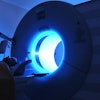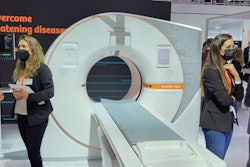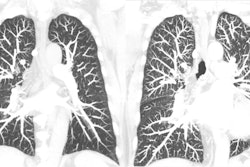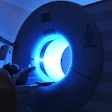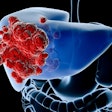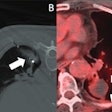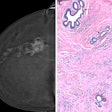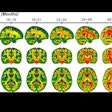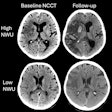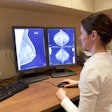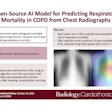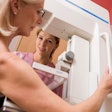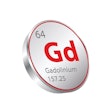Dear AuntMinnie Member,
It could have been worse, but the radiology community hoped for much better from the U.S. Congress in its Omnibus spending bill. Although the legislation includes measures to reduce some of the drastic Medicare physician pay cuts scheduled to take effect on January 1, the bill also sets a conversion factor increase of just 2.5% in 2023 and 1.25% in 2024.
That conversion factor results in a 2% reimbursement cut for next year, and it drew criticism from the American College of Radiology (ACR) and the American Society for Radiation Oncology. The bill, which passed the Senate on Thursday and the U.S. House of Representatives on Friday, is expected to be signed soon by President Biden.
You can read our coverage in our Imaging Leaders Community.
Fast SPECT/CT acquisition techniques
Our second-highest viewed story this week features research on the use of fast acquisition techniques for whole-body SPECT/CT bone scans. A team from Finland found that a shorter SPECT acquisition protocol could cut acquisition times in half for detecting metastatic tumors in prostate cancer patients.
Stop by the Molecular Imaging Community for this and other stories, including our coverage of how PET imaging with a fibroblast activation protein inhibitor radiotracer can visualize myocardial fibrosis on the molecular level. The German group believes the technique could be a new diagnostic option for monitoring these patients.
Also, patients on ketogenic diets appear to have circulating metabolites that reduce the uptake of F-18 FDG radiotracer in brain PET imaging, according to another recent study.
VR training
Another story generating significant page views this week reported on how virtual reality (VR) training can enhance learning for trainees using focused lung ultrasound. After utilizing VR training systems, novice trainees performed as well as doctors with intermediate clinical ultrasound experience.
In other articles this week in our Advanced Visualization Community, researchers have analyzed submissions to the RSNA-ACR 3D Printing Registry, accumulating data that will enable quality improvement and potentially pave the way for reimbursement of 3D printing in radiology.
Although we'll still be operating on a reduced schedule over the next week, this will be our last Week in Review for 2022. Happy holidays from all of us at AuntMinnie.com!

